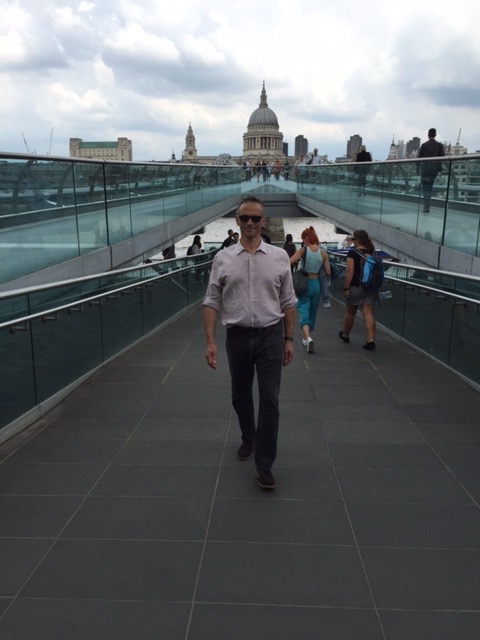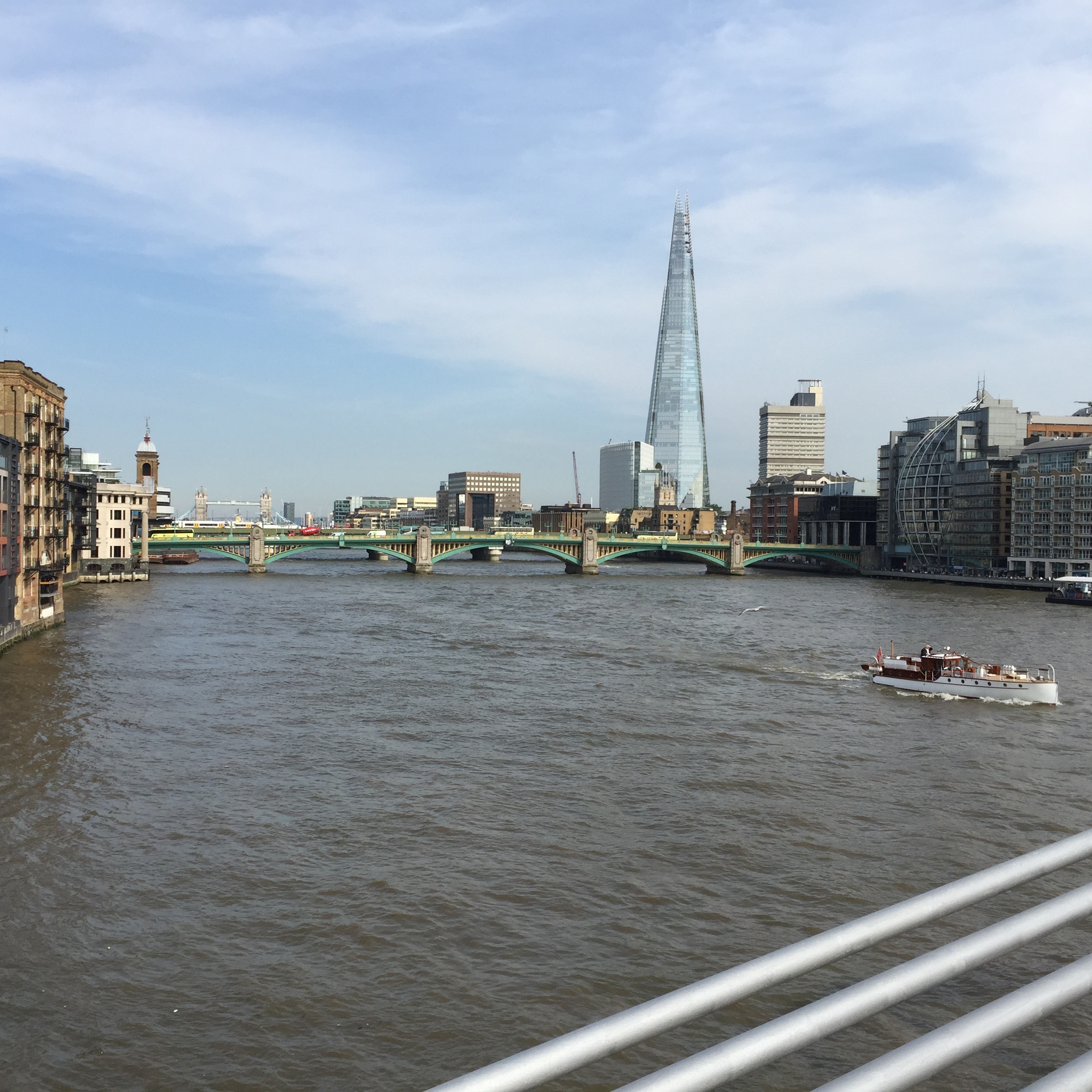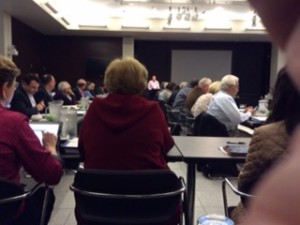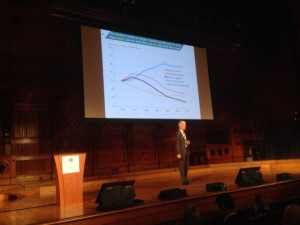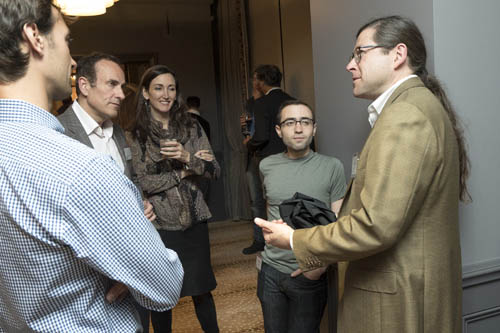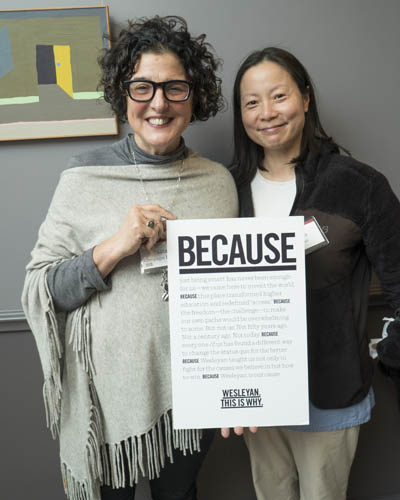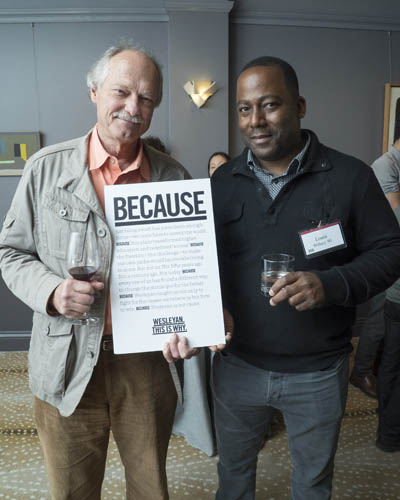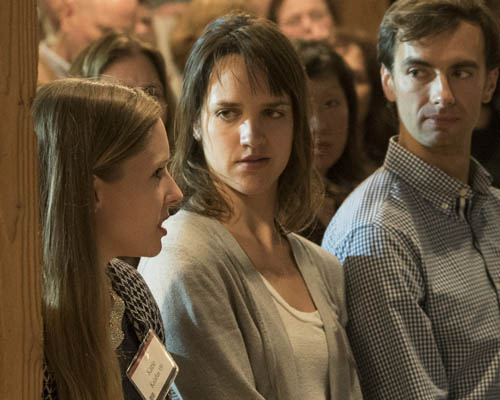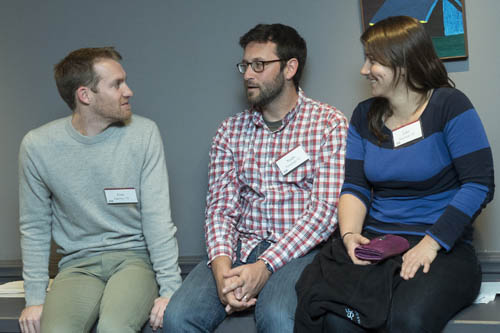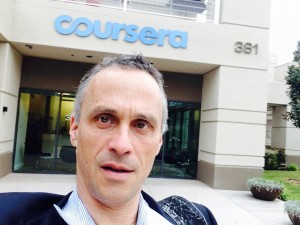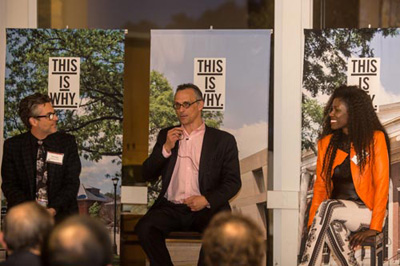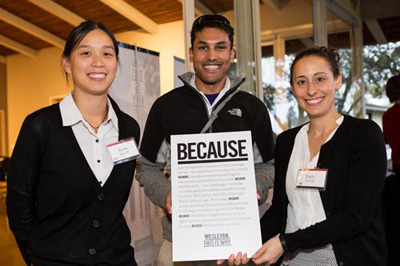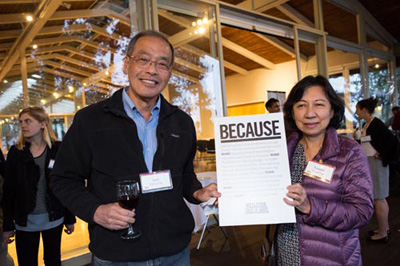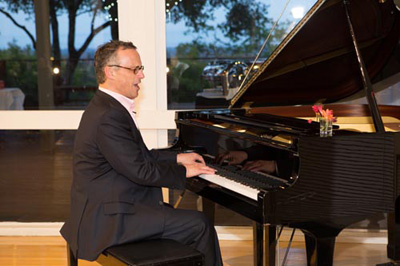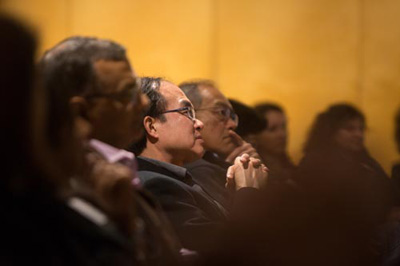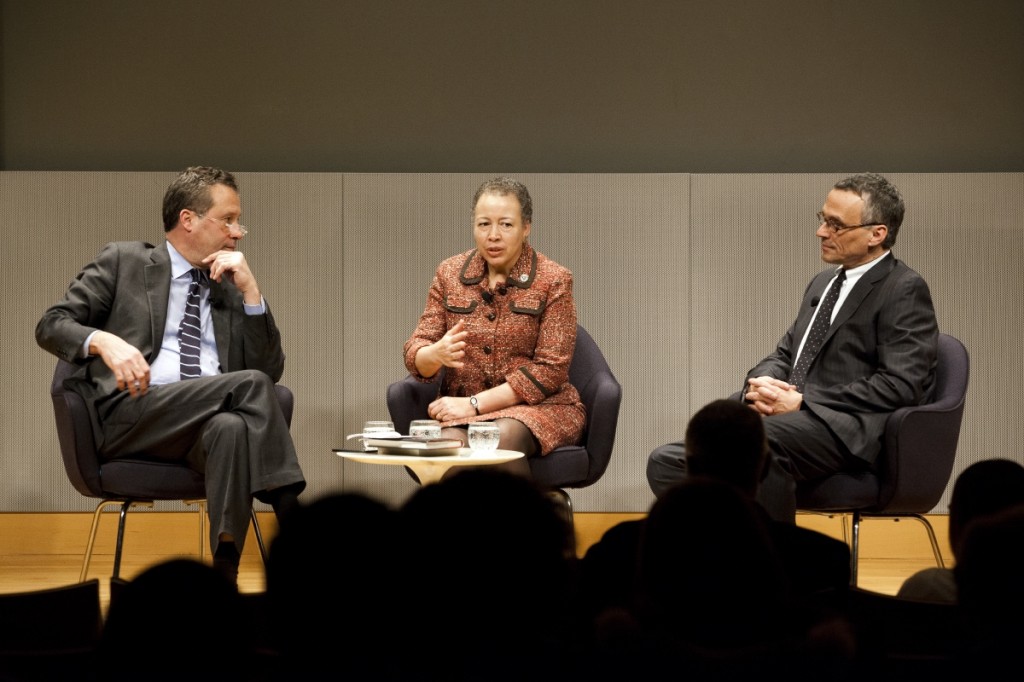This is college admissions decision season — a time when many young people have traditionally looked forward to an educational experience quite different from what they had (sometimes just endured) in high school. The days of checking off boxes to prove their worthiness to some future gatekeepers would be over. In college there might be requirements, but there would also be much more freedom, much more relevance, and much more intellectual excitement.
But the discourse about colleges and universities today is undermining these hopeful expectations. Everywhere one looks, from government statistics on earnings after graduation to a bevy of rankings that purport to show how to monetize your choice of major, the message to students is to think of their undergraduate years as an economic investment that had better produce a substantial and quick return.
There are good reasons for this. One is the scourge of student indebtedness. When students graduate with mountains of debt, especially from shady institutions graduating a small percentage of those who enroll, they can fall into a vicious cycle of poor choices and ever more limited horizons. They are collateral damage in a world of rising tuition. While the wealthiest families have been benefiting from enormous tax breaks, many states have dis-invested in public universities, putting great pressure on these institutions to collect tuition dollars. Middle-class and low-income students often borrow those dollars to pay the bills. And the bills grow ever greater as colleges raise tuition in part to meet the demands of rich families for campus amenities so that their children can live in the style to which they have grown accustomed.
But even students without the pressure of loans are being encouraged to turn away from “college as exploration” and toward “college as training.” They hear that in today’s fast-paced, competitive world, one can no longer afford to try different fields that might improve one’s ability to interpret cultural artifacts or analyze social dynamics. Learning through the arts, one of the most powerful ways to tap into one’s capacities for innovation is often dismissed as an unaffordable luxury.
Parents, pundits and politicians join in the chorus warning students not to miss the economic boat. Study science, technology, engineering and mathematics, they chant, or else you will have few opportunities. Other subjects will leave you a “loser” in our not-so-brave new world of brutal change. College, they insist, should be the place where you conform and learn to swim with this tide.
As president of a university dedicated to broad, liberal education, I both deplore the new conformity and welcome an increased emphasis on STEM fields. I’ve been delighted to see mathematics and neuroscience among our fastest growing majors, have supported students from under-represented groups who are trying to thrive in STEM fields, and have started an initiative to integrate design and engineering into our liberal arts curriculum.
Choosing to study a STEM field should be a choice for creativity not conformity. There is nothing narrow about an authentic education in the sciences. Indeed, scientific research is a model for the American tradition of liberal education because of the creative nature of its inquiries, not just the truth-value of its results. As in other disciplines (like music and foreign languages), much basic learning is required, but science is not mere instrumental training; memorizing formulae isn’t thinking like a scientist. On our campus, some of the most innovative, exploratory work is being done by students studying human-machine interactions, using computer science to manipulate moving images to tell better stories, and exploring intersections of environmental science with economics and performance art.
Fears of being crushed by debt or of falling off the economic ladder are pressuring students to conform, and we must find ways to counteract these pressures or we risk undermining our scientific productivity as well as our broad cultural creativity.
I’ve heard it said that students today opt for two fields of study, one for their parents and one for themselves. Examples abound of undergrads focusing on: economics and English; math and art; biology and theater. But we make a mistake in placing too much emphasis on the bifurcation. Many students are connecting these seemingly disparate fields, not just holding them as separate interests. And they are finding that many employers want them to develop these connections further. Exploration and innovation are not fenced in by disciplines and majors. Students who develop habits of mind that allow them to develop connections that others haven’t seen will be creating the opportunities of the future.
When Thomas Jefferson was thinking through a new, American model of higher education, it was crucial for him that students not think they already knew at the beginning of their studies where they would end up when it was time for graduation. For him, and for all those who have followed in the path of liberal education in this country, education was exploration – and you would only make important discoveries if you were open to unexpected possibilities. About a century later W.E.B. Du Bois argued that a broad education was a form of empowerment not just apprenticeship. Both men understood that the sciences, along with the humanities, arts and social sciences had vast, integrative possibilities.
This integrative tradition of pragmatic American liberal education must be protected. We must not over-react to fears of being left behind. Yes, ours is a merciless economy characterized by deep economic inequality, but that inequality must not be accepted as a given; the skills of citizenship acquired through liberal learning can be used to push back against it. We must cultivate this tradition of learning not only because it is has served us well for so long, but because it can vitalize our economy, lead to an engaged citizenry and create a culture characterized by connectivity and creativity.
—
Cross-posted with Washington Post and the Huffington Post
